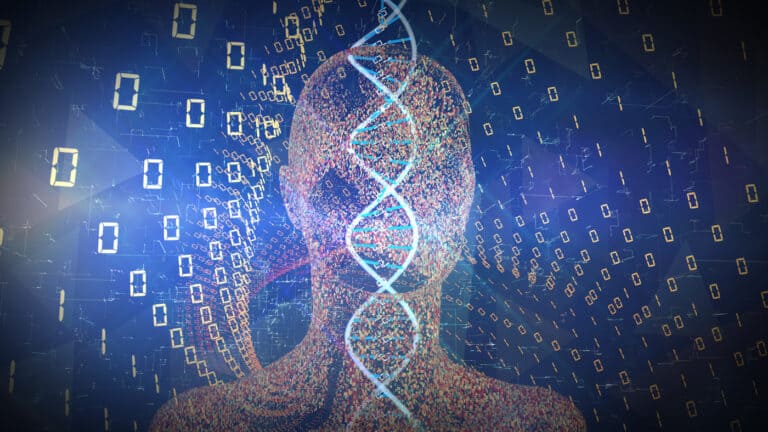Importatnce of AI In Healthcare
What is AI? If you are reading this blog, you probably have been keeping an eye on a relatively old term that is making big new waves. AI (Or artificial intelligence) is defined as the ability of a digital computer or computer-controlled robot to perform tasks that are associated with intelligent beings.
While many people talk about the future of AI, the future is now! Every day we get more and more information on the advancement of AI.
We have all been to the doctor and gotten automated reminder texts for appointments, and robot-assisted surgeries are already common. But what does this mean for the future and the next 5-10 years in healthcare? Could there be a robot taking your vitals instead of a nurse? Or are robots taking more initiative in the OR? This blog will discuss the transformation of AI in Healthcare and if those robots taking your blood pressure could be a thing soon.
AI, DNA and Genomes
Researchers at Chalmers University of Technology in Sweden have successfully designed synthetic DNA…with the help of artificial intelligence! This type of technology can contribute to the future of medicine by producing vaccines, drugs for severe diseases, and alternative food proteins much faster and at significantly lower costs than today.
Many drugs developed today are protein-based, but the techniques surrounding the production of these proteins are expensive and slow. As described on drugtargetreview.com, AI designs synthetic DNA, and simply put, the AI is told how much of a gene is desired and then “prints” the appropriate amount of the DNA sequence.
This development was completed in yeast Saccharomyces cerevisiae; these cells are similar to mammal cells. So the next step to this would be in human cells!
A Genome is an organism’s complete set of DNA, and AI has been used in this process for a while but deserves discussion for its intricate structure. How is AI used in Genomics? Through a few different things
- Examining people’s faces with facial recognition analysis via AI programs to accurately identify genetic disorders.
- Using machine learning to identify primary cancer in liquid biopsies
- Predicting how certain cancers will progress in a patient
- Identifying disease-causing genomic variants compared to benign variants
- Use deep learning to improve CRISPR. Including: correcting typos (or mutations) within the genomes, and having the ability to do this with an unprecedented level of precision.

How AI Is Transforming Healthcare
Improves Accuracy
Human error is inevitable, especially with healthcare professionals spread thin over the last few years. With AI implementations, accuracy in healthcare improves. 72% of healthcare executives trust AI to support administrative processes, allowing more time for patient care.
Three improvements in patient outcomes because of AI include virtual patient care, diagnosis and predicting outcomes, and medical image interpretation.
Prioritizes Patient Care
AI can think 1000 times faster than a human mind, meaning it is able to perform a wide variety of tasks quicker, and in most cases more efficiently than a human mind. AI processes take a lot of the time and brainwork out of things like reviewing medical history, identifying patterns, and recommendations for interventions. This allows healthcare professionals to focus on the essential parts- ensuring each patient has quality care.
Equity in Healthcare
In the world of human error, sometimes structural barriers can prevent healthcare systems from getting the correct solutions to the correct place. AI can create algorithms from data sets that represent a broad, diverse patient population. This would reduce bias that can infiltrate the healthcare ecosystem.
Potential Challenges and Concerns
Data Privacy and Security Concerns
The large amount of data that AI can maintain is staggering. This becomes a concern for the healthcare industry and the safety of PHI (private health information. “AI poses a novel challenge because the algorithms often require access to large quantities of patient data and may use data differently over time,” BMC Medical Ethics suggests. All of this makes AI a unique risk to health security and privacy.
Empathy Can't Be Automated
AI is improving rapidly, but now, AI cannot generate human feelings. Everything is taught to the AI system through codes. It does seem like they are thinking freely with their lifelike answers, but they currently are not. This could be considered a challenge for AI in the healthcare industry as empathy towards patients is a large part of the job. The goal of AI robots should be to work alongside humans, not replace them.
An example of this in practice now is Care Angel, it even claims to extend clinical capacity by 600%
The Future of AI Based Healthcare
While the next 5-10 years can’t be predicted completely, we can take what we know now and elaborate on the possibilities. Will robots be at the forefront of healthcare? When you walk into a physician’s office, will you be greeted by a robot, where you will provide them with all your health information before heading back for your checkup to another robot, which is programmed to understand and treat you just like doctors of the past have? These are the questions scientists and programmers are asking themselves now.
In a 60-minute interview, an interesting example of the future of AI and healthcare was given. 5-10 years later, a radiologist could work side by side with AI. The AI may triage for you, and it could tell you the most important thing to tackle first on the list of 100 things you have on your mind. It may also catch something important that the human eye missed out on.
Regardless, we can all agree the future of AI and healthcare is much closer than we think.
And while StagePost does not develop AI solutions, we aim to help people understand and embrace the changing landscape that is AI in healthcare.
Continue to learn more by visiting our website

